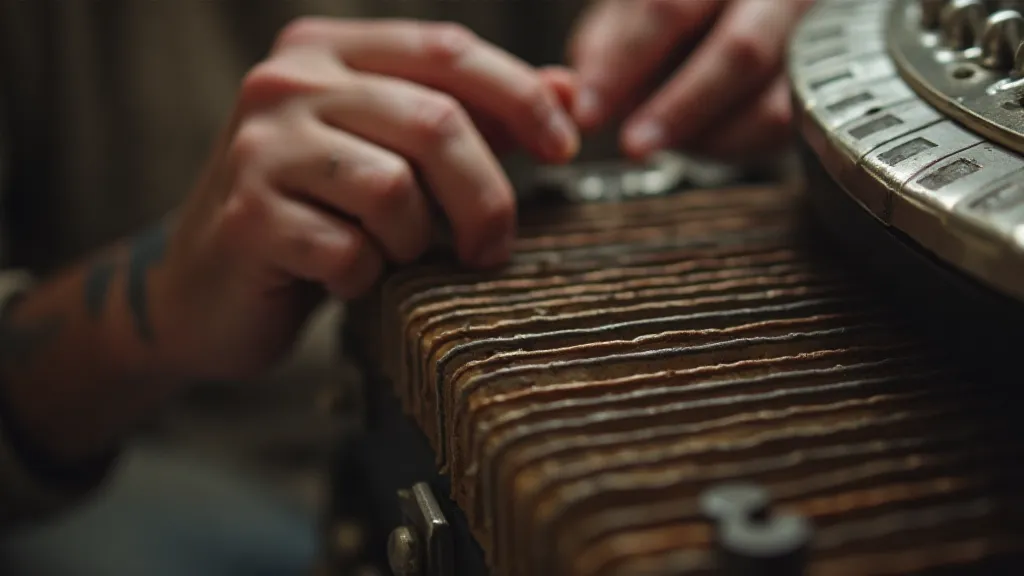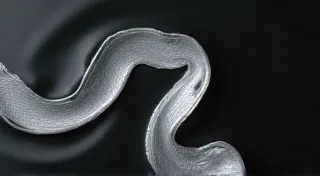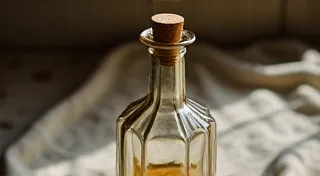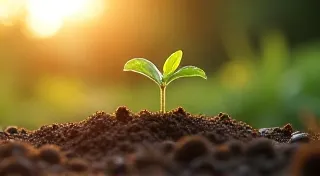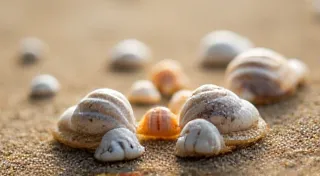Ethereal Infusions: Supporting Kidney Health in Senior Pets
The gentle sigh of an antique accordion, the way its bellows draw in air and release a melody, it’s a sound that transcends time. Like the wise, grey muzzles of our aging pets, these instruments bear the marks of years, whispering stories of the past. My grandfather, a taciturn man of few words, possessed a particularly beautiful Hohner accordion. I spent countless afternoons as a child, mesmerized by his playing, the music weaving a tapestry of nostalgia and comfort. It wasn’t just the music; it was the reverence he showed the instrument - the careful cleaning, the precise maintenance – a testament to the enduring quality of handcrafted objects. This same dedication to quality and mindful care can be applied to the wellbeing of our beloved companions, especially as they enter their senior years.
As our pets age, their bodies undergo natural changes, and their kidneys, those vital filtration powerhouses, are often among the first to show signs of wear and tear. Chronic kidney disease (CKD) is sadly common in older dogs, cats, and even rabbits. It's a slow, progressive decline in kidney function, and while a veterinary diagnosis and treatment plan are absolutely crucial, there's also a growing understanding of the role that gentle, natural herbal remedies – carefully crafted tea blends – can play in supporting kidney health and enhancing their overall comfort. It's a way to honor their years with us, just as we would care for a treasured heirloom. The complexities of introducing new herbal remedies can be quite involved; understanding the potential impact on your pet’s microbiome is increasingly recognized as crucial for overall wellness, as explored in Silent Stewards: Herbs & The Microbiome of Your Pet.

Understanding the Importance of Kidney Support
The kidneys play a crucial role in removing waste products from the bloodstream, regulating blood pressure, and producing hormones. As pets age, the kidneys’ ability to perform these functions diminishes. Symptoms of CKD can be subtle initially – increased thirst, more frequent urination – but can progress to lethargy, weight loss, and loss of appetite. Early intervention, guided by a veterinarian, is paramount. While conventional veterinary care is essential, the thoughtful addition of supportive herbal teas, prepared with care and under veterinary guidance, can provide an extra layer of wellbeing.
Think of it as tending to a vintage clock. The expert repairs the mechanical issues, but the occasional gentle cleaning and lubrication prevent further deterioration. Similarly, herbal infusions can act as a gentle support system, easing the burden on the aging kidneys and contributing to a higher quality of life. Before embarking on any herbal regime, consider the initial acceptance phase; some pets are more discerning palates than others, a facet discussed in more detail in Beyond the Taste Test: Evaluating Herbal Tea Acceptance in Pets.
Safe Herbal Ingredients for Renal Support
It's absolutely critical to emphasize that *any* herbal remedy for pets must be discussed with a veterinarian first. Many herbs are toxic to animals, and incorrect dosages can be harmful. The following herbs have traditionally been used to support kidney function in pets, but always, always seek professional advice.
- Dandelion Leaf: A gentle diuretic, dandelion leaf can help increase urine flow and flush out toxins. It’s rich in potassium, which can be lost during CKD. Harvest responsibly or choose organically grown sources.
- Cleavers: Another gentle diuretic with cleansing properties. It’s traditionally used for lymphatic support, which can indirectly benefit kidney function.
- Burdock Root: Known for its detoxifying properties and its ability to support liver and kidney health. Be mindful of dosage; too much can cause digestive upset.
- Nettle Leaf: A nutrient-rich herb that can help support overall health and provide essential minerals. It has a slightly different taste and may require acclimation for some pets.
- Astragalus: An adaptogen that may help support the body’s ability to cope with stress and improve overall function. Consult with a veterinarian about appropriate dosage.
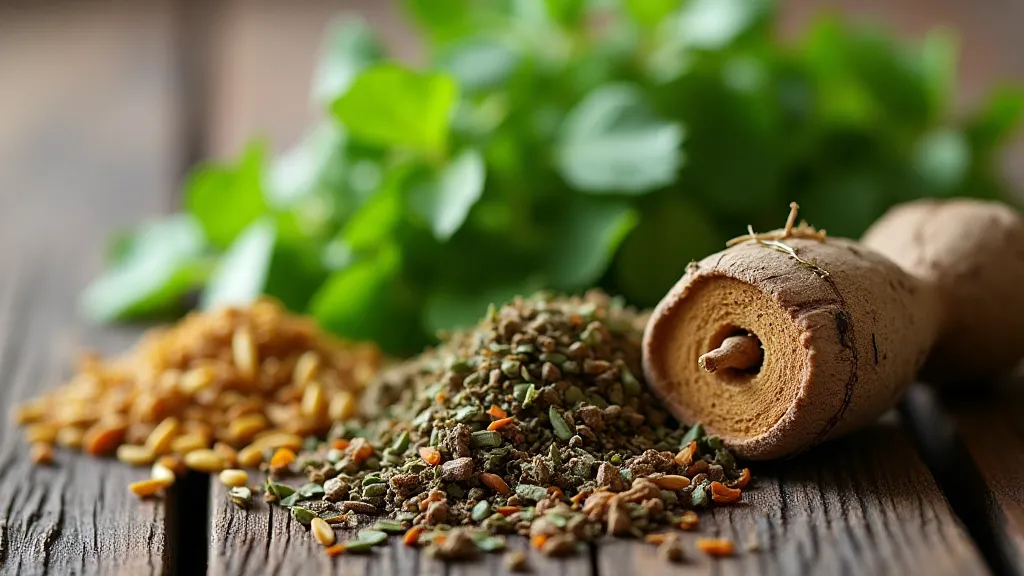
Crafting Safe Tea Blends – Recipes and Guidelines
Creating a safe and effective tea blend requires careful consideration. Start with small amounts and observe your pet’s reaction. Here are some basic guidelines and sample recipes. Remember to always strain the tea thoroughly before offering it to your pet. Understanding the principles behind safe and effective herbal blending is an art in itself, and a journey into this fascinating realm is best begun with a firm grasp of the fundamentals, as outlined in The Herbal Alchemist's Primer: A Journey into Safe Blending.
General Guidelines:
- Strength: Start with a weak infusion. Use about 1 teaspoon of dried herbs per 8 ounces of hot water.
- Temperature: Allow the tea to cool completely before offering it to your pet.
- Administration: Offer the tea in small amounts throughout the day. You can mix it with their regular food or water.
- Observation: Monitor your pet for any adverse reactions, such as vomiting, diarrhea, or allergic reactions.
Sample Recipes (always with veterinary approval):
- Gentle Kidney Support: 1 part Dandelion Leaf, 1 part Cleavers
- Nutrient Boost: 1 part Dandelion Leaf, 1/2 part Nettle Leaf
- Detoxifying Blend: 1/2 part Dandelion Leaf, 1/4 part Burdock Root (use sparingly)
Beyond simple recipes, the careful selection of herbs necessitates a nuanced understanding of their synergistic properties and potential interactions. The subtle differences in herbal quality and potency can profoundly impact the final blend’s effectiveness and safety. For example, the potassium content of dandelion leaf can vary significantly depending on the growing conditions and harvest time. Therefore, meticulous observation and careful adjustment of the blend based on your pet’s individual response are essential. Consider consulting with a qualified herbalist or veterinary herbalist for personalized guidance, especially if your pet has any underlying health conditions.
Moreover, the process of preparing herbal teas for pets extends beyond merely steeping herbs in hot water. The quality of the water itself can influence the final product's taste and nutrient content. Filtered or spring water is generally preferred over tap water, which may contain chlorine or other chemicals that can negatively impact the tea's flavor and potentially interfere with the herbs’ therapeutic properties. Furthermore, the method of extraction – whether using hot infusion, cold maceration, or decoction – can affect the concentration of specific compounds in the tea. For instance, decocting roots like burdock root can extract compounds that might not be readily available through simple infusion. Understanding these nuances and adapting your preparation methods accordingly can significantly enhance the overall benefit of the herbal blend.
The holistic approach to pet wellness emphasizes the interconnectedness of various factors, including diet, exercise, stress management, and environmental enrichment. Herbal teas can serve as a valuable adjunct to these other aspects of care, but they are not a substitute for a comprehensive wellness plan. A balanced diet rich in whole foods provides the foundational nutrients necessary for optimal health, while regular exercise helps maintain muscle mass, joint flexibility, and cardiovascular function. Minimizing stress and providing a stimulating environment can also contribute to a pet’s overall sense of wellbeing. Consider incorporating these factors into your pet's routine to complement the benefits of herbal tea and create a truly holistic approach to their care.
The Art of Mindful Care – An Accordion's Lesson
Just as a master accordionist understands the nuances of his instrument, recognizing the subtle vibrations and responding with care, we must approach the wellbeing of our senior pets with the same level of awareness. These aren't simply animals; they are cherished companions who have shared our lives, offering unconditional love and unwavering loyalty. Offering them a carefully prepared tea blend is a small gesture, but it's a gesture born of respect, gratitude, and a deep appreciation for the quiet wisdom of age.
The intricate craftsmanship of an antique accordion—the meticulous hand-carved keys, the precisely fitted bellows—reflects a dedication to quality and longevity. Let us extend that same philosophy to the care of our senior pets, providing them with the gentle support they need to thrive, and cherishing every precious moment we have together. Their gentle sighs and quiet presence deserve nothing less.
